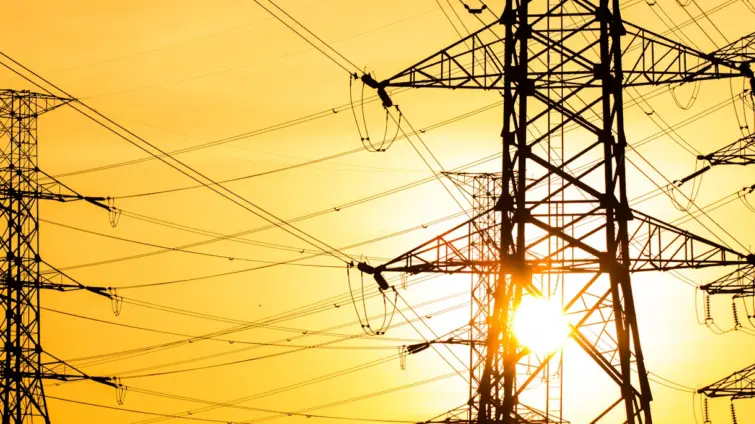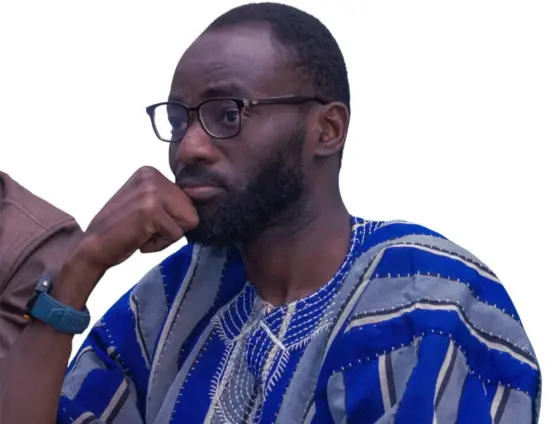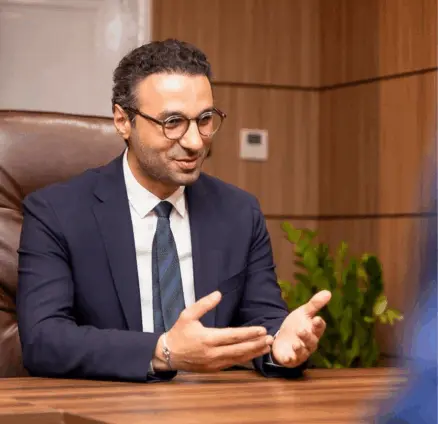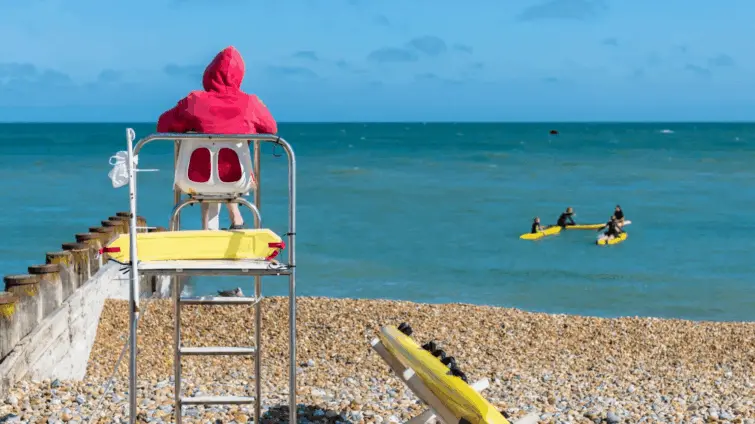Across the African continent, a stark reality persists: over 600 million people lack access to electricity. This energy poverty is not merely an inconvenience; it’s a significant barrier to economic growth and an impediment to improving the overall quality of life for millions. Recognizing the urgency of this situation, the Africa Sustainable Energy Dialogue has been at the forefront of discussions aimed at addressing Africa’s multifaceted energy challenges. However, according to findings presented at the dialogue, the persistent Africa energy crisis stems less from a shortage of resources and more from a leadership failure – a lack of visionary leadership and the necessary political will to implement effective solutions, ultimately hindering energy access for its citizens.
The Africa Sustainable Energy Dialogue, a flagship event of the Africa Sustainable Energy Center, has become an important forum for examining the complexities surrounding energy access in Africa. A key takeaway from recent discussions is a palpable shift in the narrative. The conversation is evolving beyond simply acknowledging the problem of energy access to a deeper examination of its root causes and the significant socioeconomic impacts of energy poverty. As one moderator emphasized, “At the center, we believe it is time to change the narrative. Instead of talking about lack of access to electricity, we will talk about the socioeconomic impact of lack of electricity.” The dialogue highlighted the understanding that the energy crisis in Africa is not solely a matter of scarce resources, but also a consequence of deeply entrenched structural, political, and economic barriers.
At the core of the Africa energy crisis lies a deficit in effective leadership in energy and the political resolve needed to implement sustainable solutions. This was a central theme throughout the Africa Sustainable Energy Dialogue.
Dr. Omar Farouk Ibrahim, a prominent voice in the energy sector, argued forcefully that poverty itself is not the primary cause of the Africa energy crisis. Instead, he posited that the fundamental issue is a lack of visionary leadership and a corresponding deficiency in political will. “Africa’s biggest challenge is really visionary leadership,” Dr. Ibrahim stated. “We lack political will. Our decisions often satisfy immediate wants rather than long-term goals.” He pointed to Africa’s resource paradox as a prime example of this failure. Despite the continent’s abundant oil and gas production, a significant portion is exported, disproportionately benefiting a select elite rather than the broader population. “Today, 75% of the oil we produce and 45% of our gas is exported out of Africa,” Dr. Ibrahim noted. “The real beneficiaries are not the masses but the elite.” The solution, he argued, lies in prioritizing the utilization of these energy resources to serve the needs of the African people first and foremost, driving sustainable energy access.
Dr. Alfred Ofosu Ahenkorah echoed Dr. Ibrahim’s sentiments, reinforcing the critical role of political leadership failure in addressing energy access. “Access to energy is a matter of leadership,” Dr. Ahenkorah asserted. “No individual electrifies a country. Government must lead the charge.” He cited Ghana’s electrification history as a compelling case study of deliberate, state-led planning. Through initiatives like the Akosombo Dam and the National Electrification Program, Ghana has made significant strides in expanding energy access to its citizens, increasing access from a mere 19% in 1989 to over 87% today, demonstrating what is possible with strong political commitment.
The barriers to achieving widespread energy access in Africa are also symptomatic of larger, systemic issues that reflect a complex history of development paths. These paths, as Monique Motty argued during the dialogue, have not always prioritized the unique identity or interests of African nations. “The barriers to energy access reflect a larger issue—our development path hasn’t always prioritized our identity or interests,” Motty explained. “We’re navigating systems that weren’t designed for us, and we need to interrogate whether our political structures support our development goals.” This necessitates a critical examination of existing political structures and their alignment with the overarching development objectives of African nations. Addressing Africa’s energy crisis requires dismantling systemic barriers.
Professor Abubakar Sambo outlined an intricate web of challenges that contribute to the persistent Africa energy crisis, including limited financing, aging infrastructure, and, crucially, insufficient leadership. “It’s a complex web—limited financing, aging infrastructure, and insufficient leadership,” Professor Sambo noted. “Most governments have competing demands—health, education, security—and energy is often underfunded.” This complex web is further complicated by investor hesitation stemming from market instability, weak regulatory frameworks, and the pervasive issue of corruption. Poorly managed subsidy regimes also create disincentives for private investment, hindering the development of a robust and sustainable energy access sector.
The long-standing perception of electricity as a social service, rather than an economic driver, has also had detrimental consequences for the sector’s growth and sustainability. Kweku Andoh Awotwi analyzed this post-independence legacy, arguing that treating electricity as a public good has significantly hindered capital mobilization, thereby impeding the effective generation, transmission, and distribution of power. “For decades, the state believed electricity was a public good and didn’t mobilize the capital needed to generate, transmit, and distribute it effectively,” Awotwi explained. “Even when countries unbundled and privatized, the sector remained crippled by debt and underperformance.” This mindset has also contributed to the slow adoption of decentralized renewable energy systems, particularly solar solutions, which have the potential to revolutionize energy access in many parts of the continent. “We’re not deploying grid-parity solar solutions because our power systems are financially unsustainable,” Awotwi concluded.
A unifying call emerged from the Africa Sustainable Energy Dialogue: Africa must take ownership of its energy future. This requires a fundamental shift in priorities, embracing inclusive governance, and deploying energy as a foundational element for broader economic transformation. As one speaker aptly summarized the sentiment: “Africa is not poor. We should never be poor. The real task is getting the fundamentals right—starting with energy.” Africa energy crisis solutions must be prioritized.
The Africa Sustainable Energy Dialogue underscored the critical need to address leadership in energy and systemic issues to overcome the Africa energy crisis. By acknowledging leadership failures, confronting systemic barriers, and embracing a paradigm shift that prioritizes sustainable energy access as a cornerstone of economic development, Africa can unlock its vast potential and ensure a brighter future for all its citizens. Ultimately, the continent’s path forward hinges on its ability to harness its resources effectively and prioritize sustainable energy access for all.
Image Source: MYJOYONLINE






















